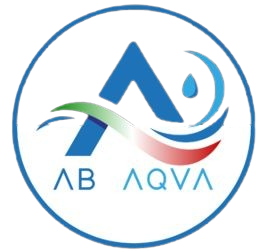Guest Lectures - University of Auckland
Filippo Verre - May 16 - June 1 2025
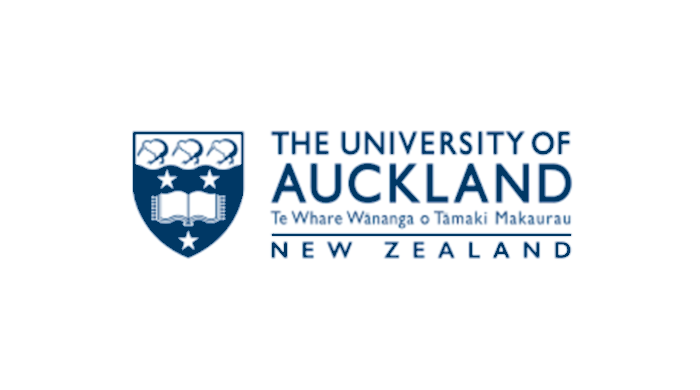

Between May 16 and June 1, 2025, Filippo Verre, President of AB AQUA – the first Italian think tank dedicated to water strategy – took part in a transformative academic exchange between Lund University in Sweden and the University of Auckland in New Zealand. This unique initiative was designed to foster interdisciplinary collaboration and to advance global research and dialogue in the fields of environmental policy, sustainability, and international cooperation. The exchange was jointly coordinated by two prestigious institutions: the Centre for Advanced Middle Eastern Studies (CMES) at Lund University and the Centre for Climate, Biodiversity and Society at the University of Auckland, each known for their commitment to tackling complex global environmental challenges through integrated, cross-disciplinary approaches.
Throughout the exchange, Dr. Verre contributed to a range of academic discussions, consultations, and informal seminars focused on the geopolitical dimensions of water governance, the nexus between environmental resilience and sustainable development, and the critical role of strategic hydro-policy in shaping international relations. As a scholar and practitioner deeply involved in the intersection of water, diplomacy, and environmental strategy, his presence was an important bridge between research, policy, and operational practice across hemispheres.
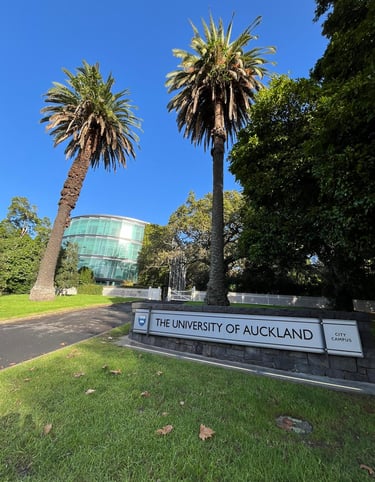

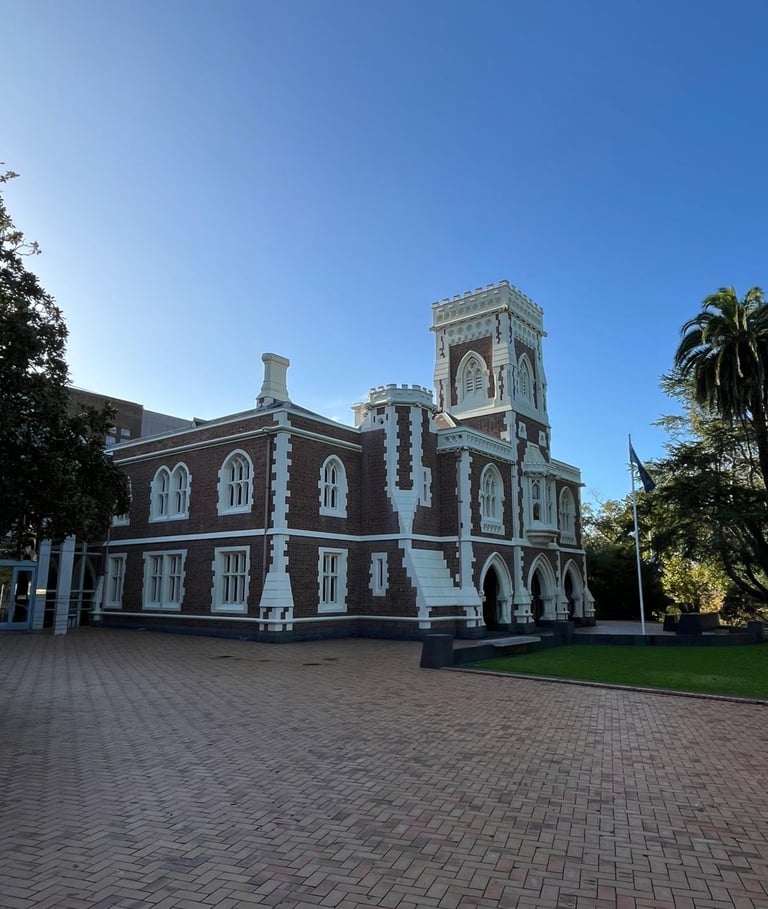

A highlight of the exchange took place on May 21, when Filippo Verre delivered a guest lecture titled “Water Policies of China: A Global Strategic Approach”. The session, hosted at the University of Auckland, explored in depth how China’s domestic water governance and international hydro-diplomacy reflect and reinforce its broader objectives in economic development, global infrastructure expansion (such as through the Belt and Road Initiative), and environmental sustainability. Dr. Verre unpacked China’s increasing investment in large-scale hydropower, transboundary water agreements, and technology transfer mechanisms, showing how these tools are reshaping water politics far beyond Asia.
Particular attention was given to the way in which China's water strategy intersects with its economic and geopolitical ambitions in Sub-Saharan Africa and Latin America, where Chinese firms – including Sinohydro Corporation and the China Energy Engineering Group – have become key players in infrastructure development. These regions were presented as case studies of how water governance can no longer be understood in isolation from questions of power, finance, and global environmental stewardship.
The lecture attracted a diverse audience of students and faculty from the social sciences, environmental policy, development studies, and international relations programs, reflecting the interdisciplinary interest in China’s evolving global role. The session concluded with a vibrant and thought-provoking Q&A discussion, in which participants raised questions on everything from hydropolitics in the Mekong basin, to water equity in Africa, to the potential for more inclusive and sustainable models of international cooperation.
This exchange experience not only reinforced the importance of integrating strategic water governance into academic and policy dialogues, but also showcased the vital role that collaborative, cross-border academic partnerships can play in shaping innovative responses to global environmental and geopolitical challenges.
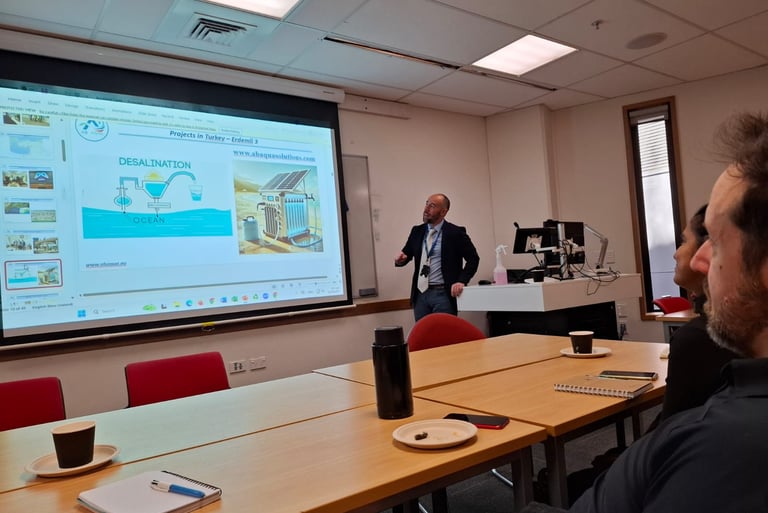

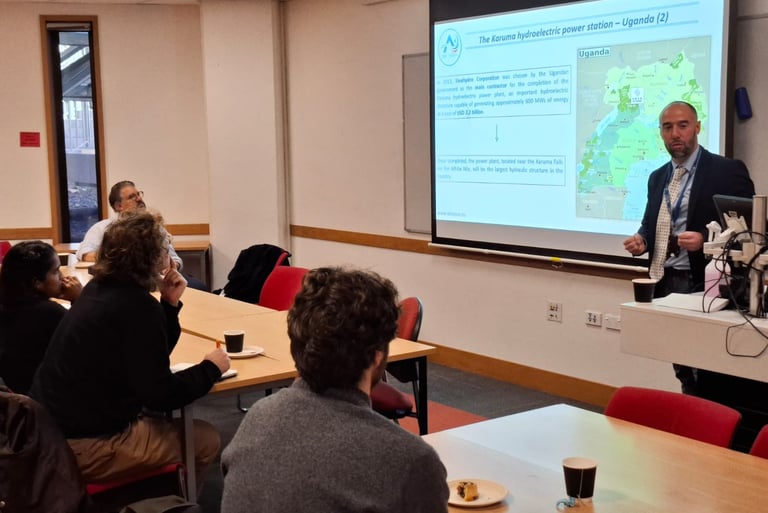

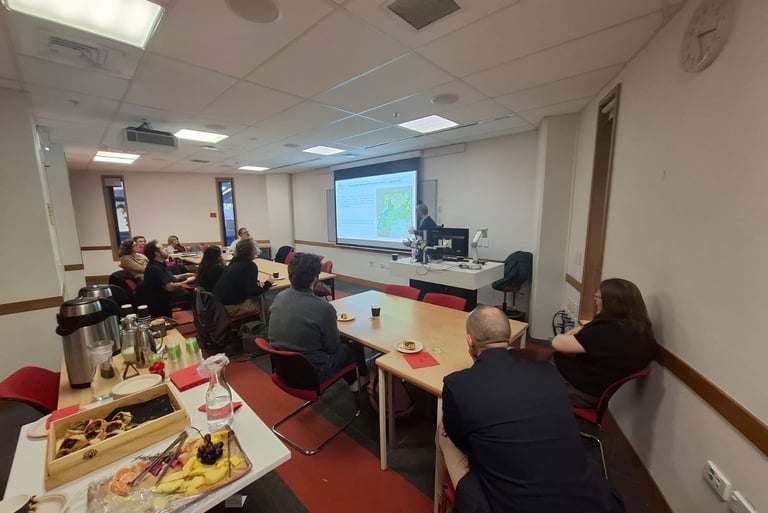

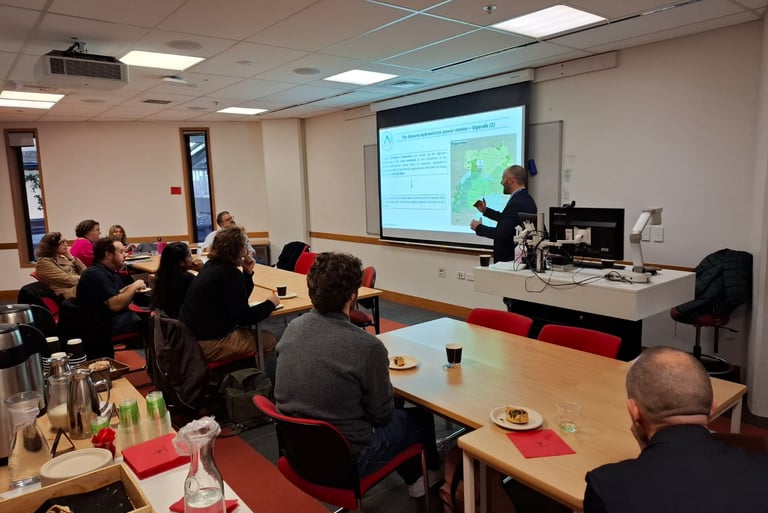

At this link it is possible to take a look at the slides presented by Dr. Verre during his lessons: https://docs.google.com/presentation/d/1RMC4mrdZQk0-vYspdzFvLcUWiPMZC5Tm/edit?usp=sharing&ouid=104275477240053264813&rtpof=true&sd=true
Abaqua
Via Cassia, 615
00189 Roma (RM)
© 2024. All rights reserved.
Codice Fiscale: 96584590580
